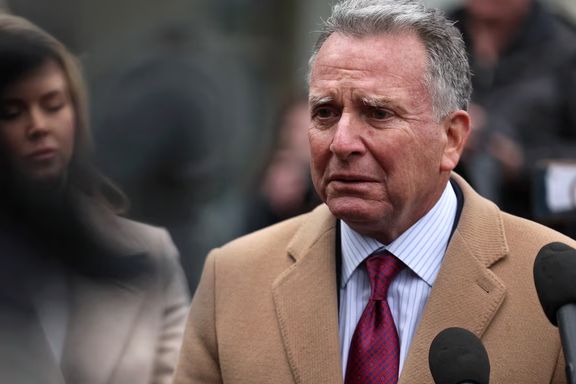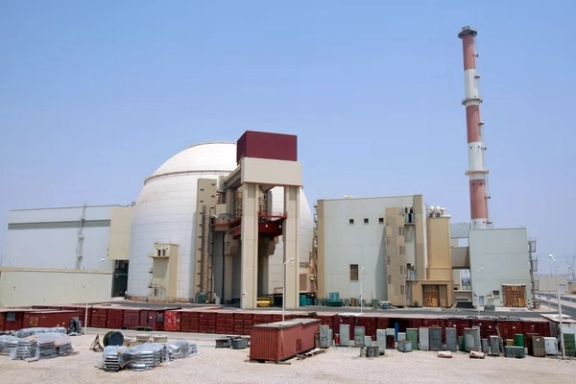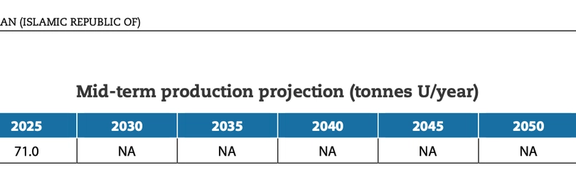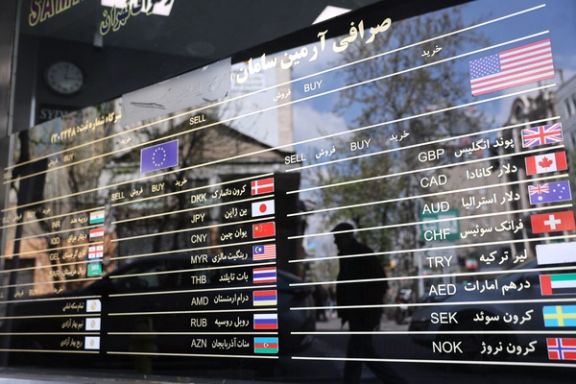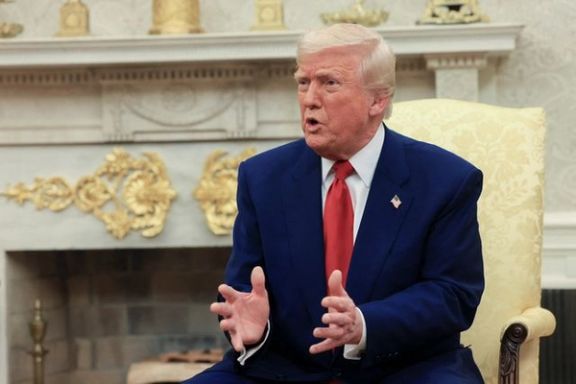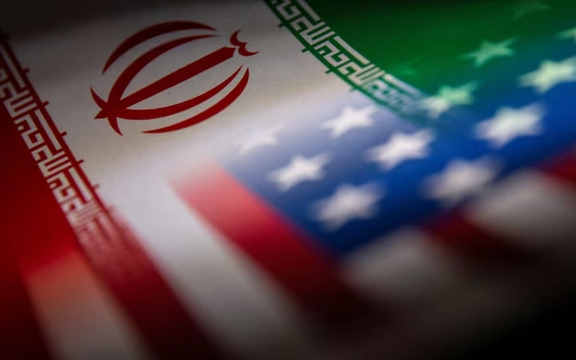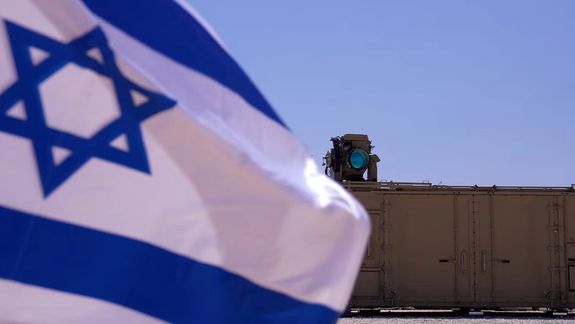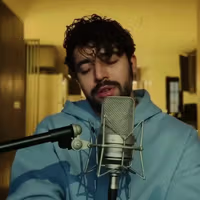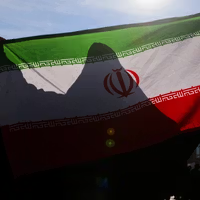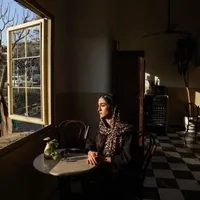“We believe in negotiations, but not at any price,” Masoud Pezeshkian said during a meeting with political party representatives late Sunday, according to the official news agency IRNA.
“We are not seeking war, unrest or nuclear weapons. But how can we talk when the US puts us under maximum pressure and threatens us daily?”
US President Donald Trump has extended an offer to Iran for direct negotiations aimed at addressing concerns over its nuclear program.
But the overture was accompanied by a stern warning: failure to engage would result in bombing "the likes of which they (Iran) have never seen before."
Iran's Supreme Leader, Ali Khamenei, swiftly rejected the proposal for direct talks, deeming them meaningless under the prevailing circumstances. Instead, Tehran expressed openness to indirect negotiations facilitated by intermediaries such as Oman.
In response to the US threats, Iran elevated its military readiness and cautioned neighboring countries against supporting any US military actions, warning of repercussions for neighbors who might facilitate an attack.
The escalation has raised international concerns, prompting nations like Russia to offer mediation.
During the meeting, Pezeshkian added that he had phone conversations with all the regional leaders, saying that Tehran’s relations with these countries have improved significantly compared to the past. However, he distinguished the US as a separate case, citing Washington’s longstanding sanctions and coercive policies.
“We negotiate with the world and we are not looking for conflict,” he said. “But we will not submit to humiliation.”
Pezeshkian once again said Iran's nuclear program is not geared toward military purposes. “This isn’t just my personal assurance,” he said. “It’s a religious ruling by the Supreme Leader.”
In 2003, at the onset of Iran's nuclear crisis, Khamenei first said the production, stockpiling, and use of nuclear weapons are forbidden. Six years later, during a more complex phase of the crisis in February 2008, he announced the prohibition in a public speech.
The fatwa by Ali Khamenei prohibiting nuclear weapons has frequently been cited by Iranian officials as evidence of the peaceful nature of the country’s nuclear activities.
However, critics have pointed out that legal opinions can be reversed and public figures in Iran are more frequently mooting the desirability of seeking a bomb.
The official government newspaper - Iran - said on Monday that Khamenei’s alleged fatwa against atomic weapons does not necessarily ban their production – only their deployment and use.
“The issue of nuclear weapons generally involves three components: production, stockpiling, and use or deployment,” the newspaper wrote—drawing a distinction that is rarely considered meaningful in academic or military discussions on nuclear strategy. The article went on to assert, “In the modern era, the possession of nuclear weapons—rather than their use—is inherently deterrent in nature.”
The government’s official newspaper appears to be suggesting that producing and stockpiling atomic bombs is not a big issue as long as Iran says it has a fatwa prohibiting their use.
